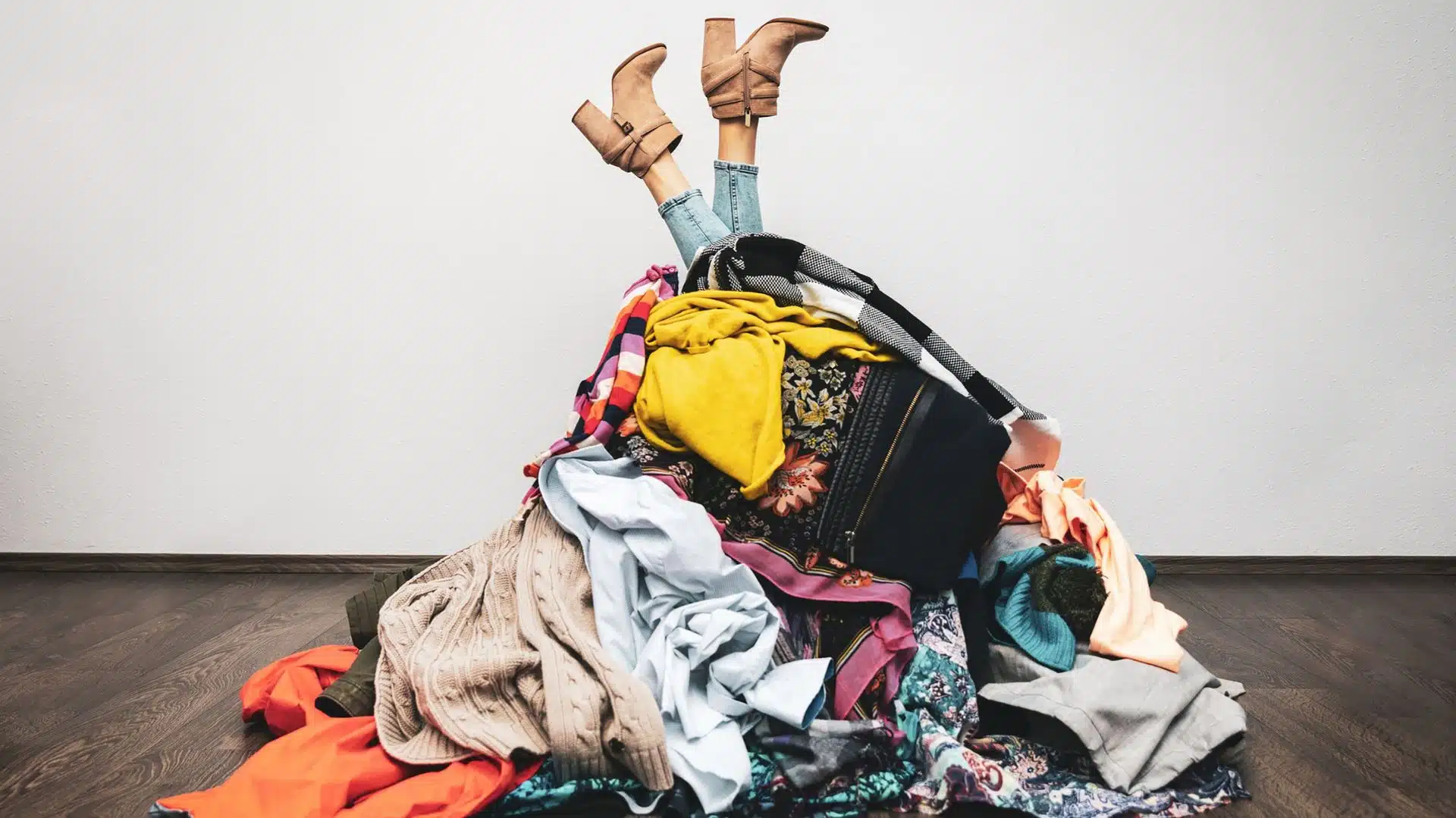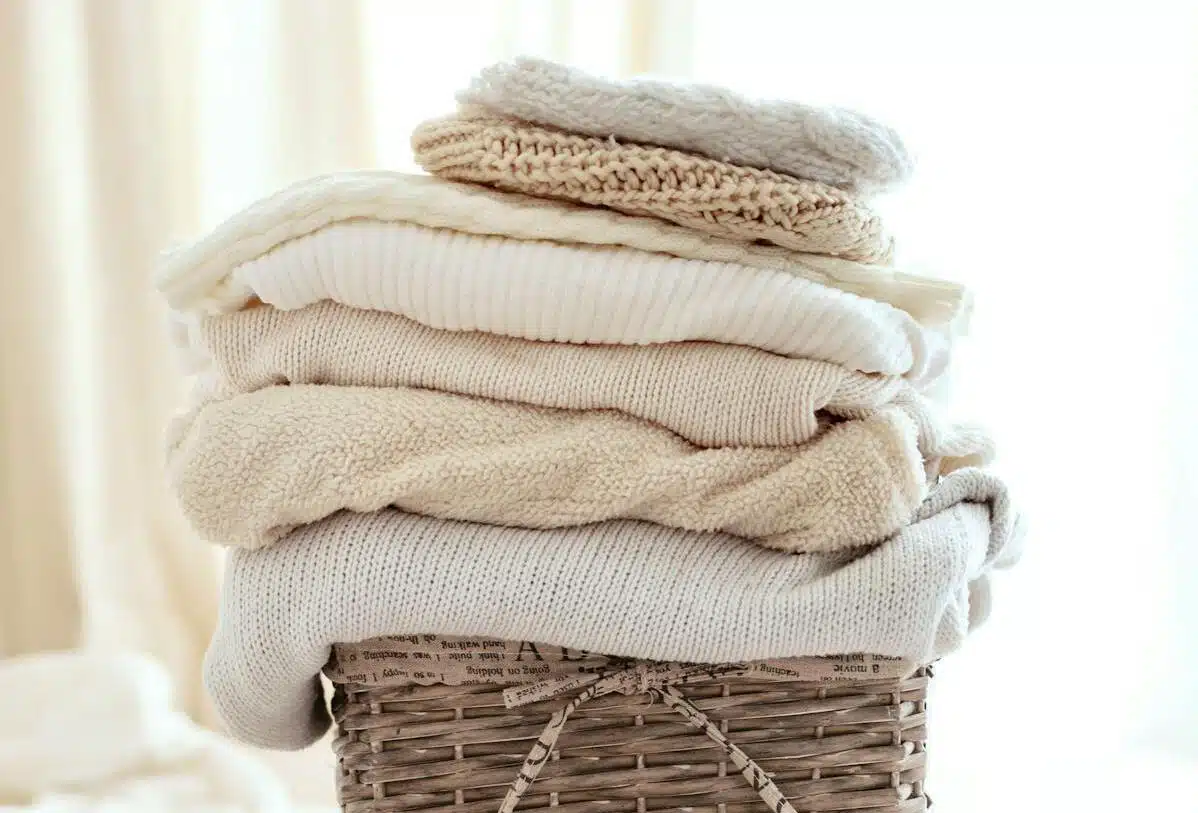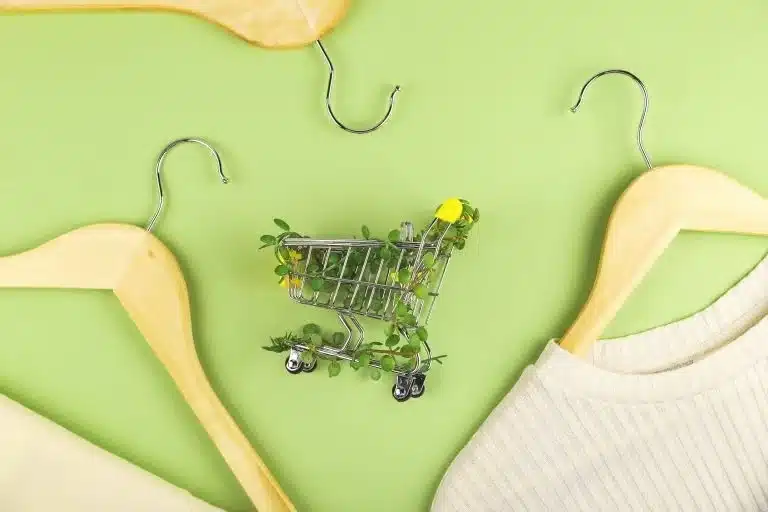Faced with over-consumption and the environmental impact of fashion, adopting a responsible wardrobe is becoming a necessity.
Rather than buying in bulk, it ‘s time to opt for sustainable pieces, from committed brands like Chaska.
Here’s how to transform the way you consume fashion.
Prioritising quality over quantity
Today’s fast fashion is driving the accumulation of cheap clothes, often made in dubious conditions and with synthetic materials that are not very hard-wearing. As a result, these parts wear out quickly and all too often end up in the bin.
Choosing quality means making a sustainable choice. Rather than buying several polyester jumpers that pilling and warping after a few washes, it ‘s better to invest in a baby alpaca jumper, an exceptional fibre that is soft, warm and incredibly hardwearing. A well-designed garment lasts for years without losing its and saves you money in the long run.
By choosing natural and ethical materials such as baby alpaca, you are choosing durability and comfort, while reducing your environmental impact.
Look after your clothes to make them last
Buying quality parts is good. Proper care is even better! Good care extends the life of your garments. Here are a few simple gestures to adopt:
– Wash with care: Use a mild detergent and avoid hot water, which weakens natural fibers. Hand-wash or machine-wash on a delicate program is ideal for preserving the softness and hold of baby alpaca.
– Natural drying: Tumble-drying is the enemy of natural fibers! Instead, air-dry flat to avoid warping.
– Store intelligently: Some garments need to be folded rather than hung up to retain their shape. Store them away from light and moisture to prevent premature damage.
– Repair instead of throwing away: A small hole or a loose seam? Rather than discarding a garment, consider having it repaired or learning a few sewing techniques.
Opting for committed brands
Faced with the excesses of fast fashion, many brands are now committed to more responsible fashion. But how can you recognise a truly ethical brand?
– Respectful production: An ethical brand guarantees good working conditions for its craftsmen and promotes transparent production channels.
– Sustainable materials: Say goodbye to polluting synthetic fibres! Committed brands use natural, environmentally-friendly materials.
Sustainable manufacturing: Unlike fast fashion , which encourages overproduction, a responsible brand produces in limited quantities and promotes traditional know-how.
At Chaska Paris, wehave chosen sustainable and ethical fashion. Our baby alpaca garments are handmade by Peruvian craftsmen , respecting their ancestral know-how. By choosing Chaska, you are supporting local, fair-trade production, while investing in timeless, high-quality clothing.
Consuming less but better: a commitment for the future
Adopting more responsible fashion doesn ‘t mean giving up the pleasure of dressing well. Above all, it’s a conscious approach that involves choosing sustainable clothes with care, taking good care of them and supporting committed brands.
By reducing quantity in favour of quality, you ‘ re doing your bit for the planet, while building a timeless wardrobe that will last a long time. What if consuming less but better became the real luxury of tomorrow?



